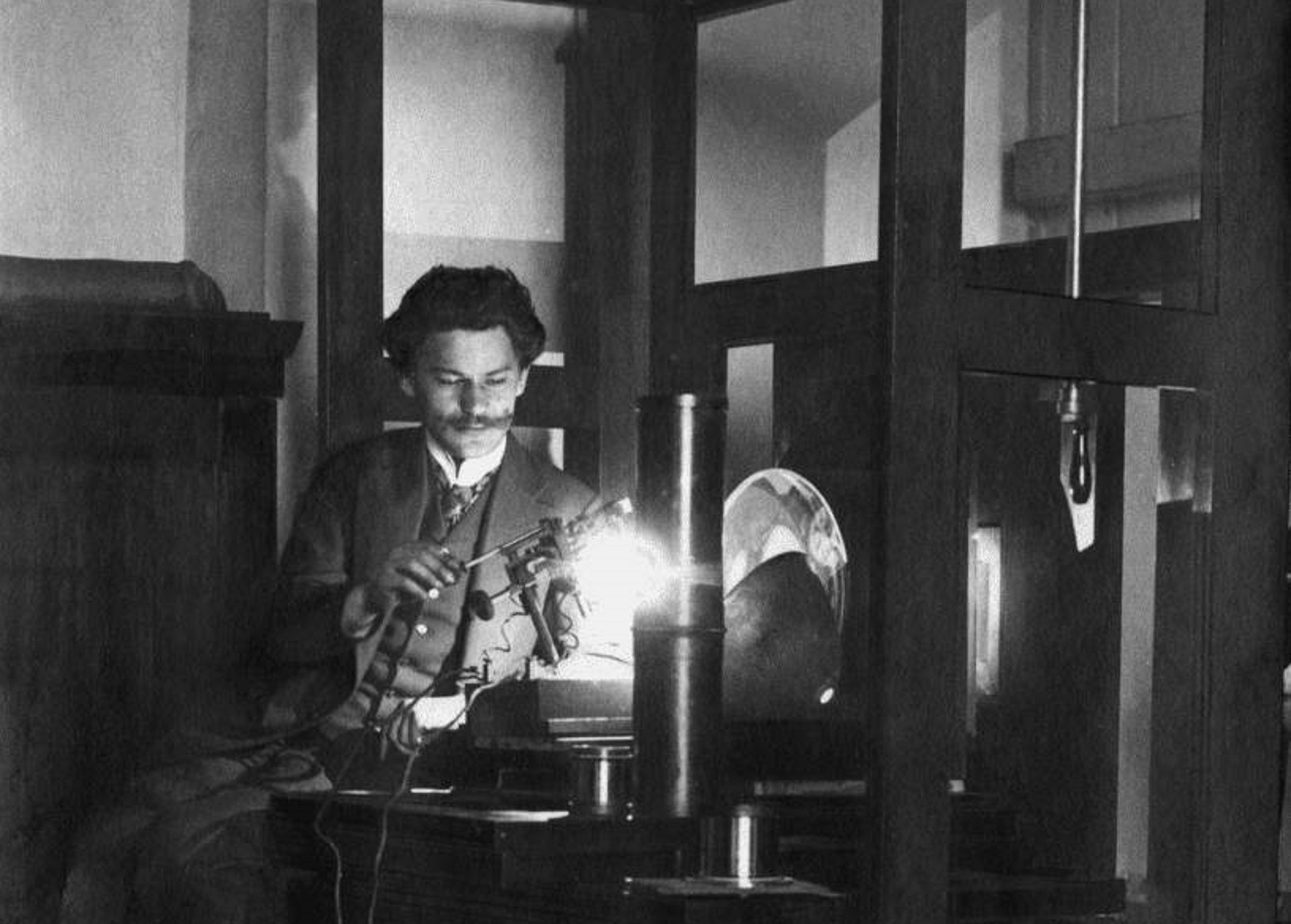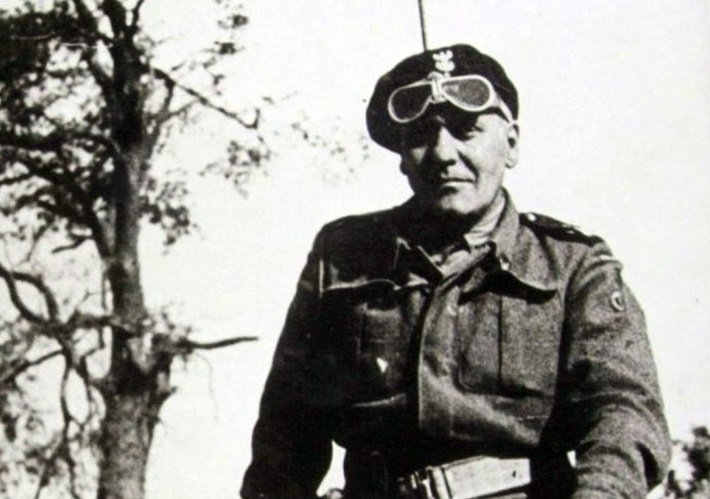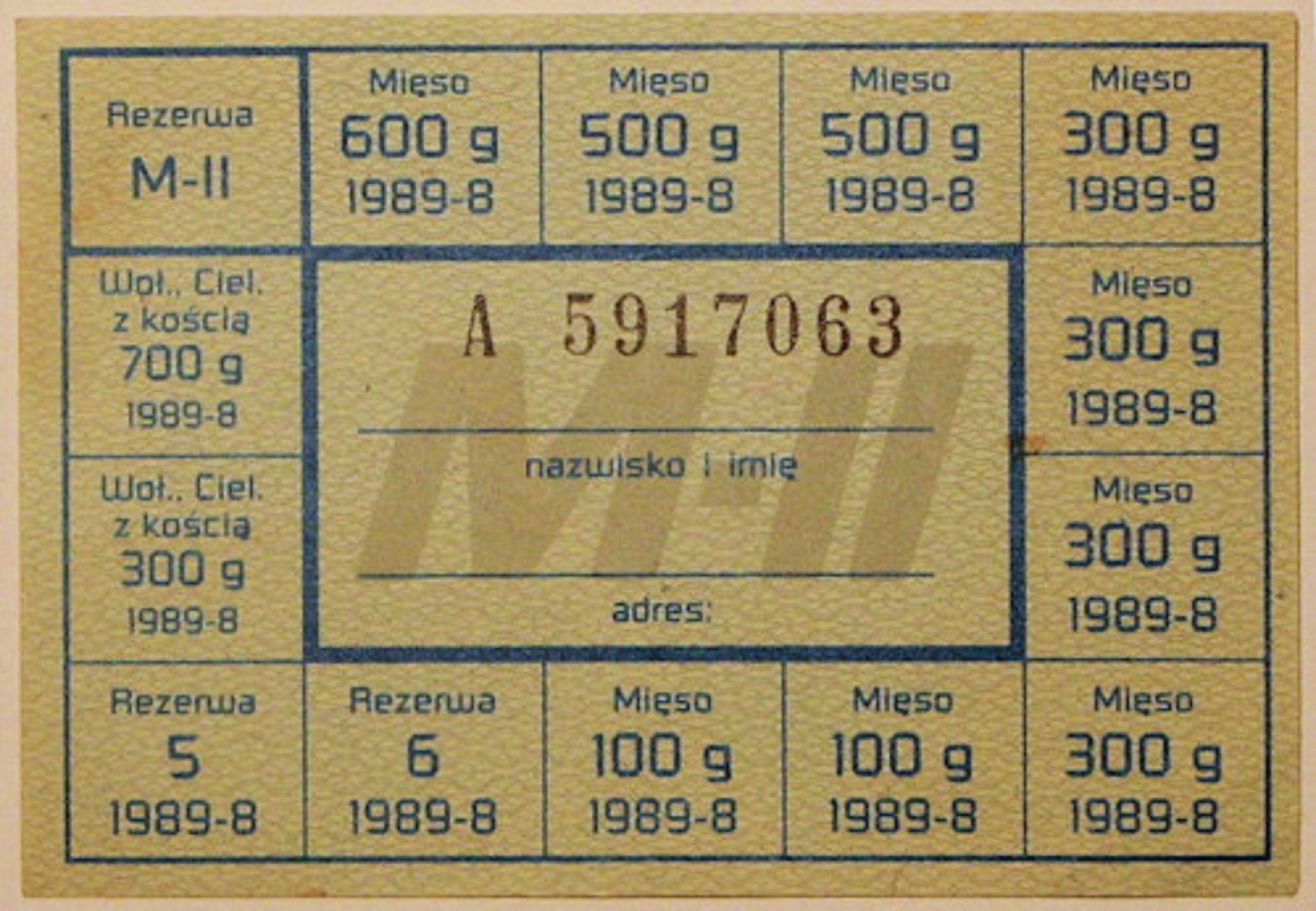Who Was the Famous Stańczyk from Jan Matejko’s Painting?
At the court of Queen Bona Sforza, the party is in full swing. The royal jester is the only one to see the approaching disaster… by Michał Haake Jesters bring pleasure, jokes, fun and laughter to others, ‘as if this is what the grace of God sent them here for, to cheer up the…




